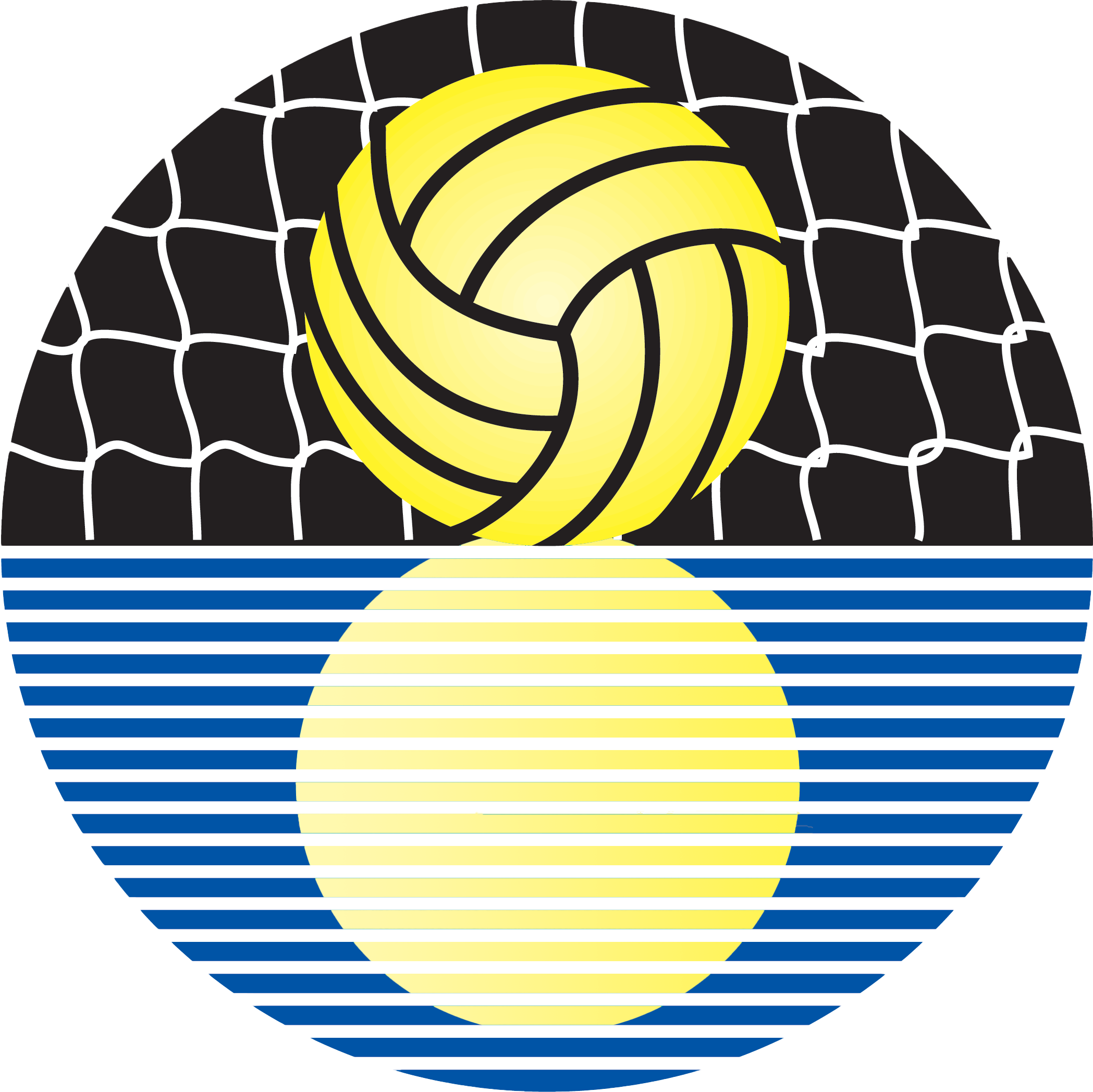BRIDGEPORT, Pa. — The history of collegiate athletics is full of people who had significant influence but their achievements are not publicized. For the sake of history, the Collegiate Water Polo Association (CWPA) continues to make an effort to publicize the individuals who have made not only water polo – but also all collegiate sports with a water polo connection – possible for today’s student-athletes.
One of the most prominent of this individuals is considered the father of swimming in Texas and “Frisbee” disc-games – Julian “Tex” Robertson.
Born on April 23, 1909 in Sweetwater, Texas, Robertson later moved to California receiving the nickname “Tex”. When he was 13, he learned to swim in a nearby creek and often practiced his technique in a horse trough. The next year he won his first race. He attended the University of Michigan, where he swam for the Wolverines swimming and diving teams in National Collegiate Athletic Association (NCAA) and Big Ten Conference competition. Robertson set a collegiate record in the 220-yard freestyle and won the Big 12 Conference title in the 440-yard freestyle. He helped the Wolverines to NCAA team championships in 1934 and 1935. He was a member of the 400-yard freestyle relay quartet that won a NCAA title in 1935.
While attending Michigan, he attended the 1932 Summer Olympics as an alternate member of the U.S. Olympic Water Polo team that won a bronze medal at home in Los Angeles, Calif. Meanwhile he also trained Adolph Kiefer and Ralph Flanagan for the 1936 Summer Olympics where the duo won gold and silver in the backstroke. Notably, the International Swimming Hall of Fame credited Robertson for developing the “flip turn” in his training of the aforementioned Kiefer in preparation for the 1936 Summer Olympics.
In 1935, Robertson founded the swimming team at the University of Texas. He had to convince UT that they needed a coach since the job was previously a student volunteer. Although he did not get paid he made it work being the lifeguard of the university pool, servicing Coke Machines, and working at a camp in Michigan during the summer. He brought attention to the UT swim team by recruiting incredible swimmers that ended up going to the Olympics. While he coached from 1935–1950, the University of Texas swim team won every Southwest Conference Swimming Championship. In 1950 Tex retired as the UT coach but not before winning the NCAA Coach of the Year.
A native of Burnet, Texas, Robertson was active in educating his community about swimming. For many years he taught the youth how to swim in Inks Lake before creating a summer camp – Camp Longhorn. In 1963, he brought the first public swimming pool to Burnet. For thirty years that swimming pool hosted Burnet’s small high school state championships. In 1968, the girls’ high school and college state championships were hosted there. He also invented the Blob, a highly used toy in all water based summer camps.
However, it is Camp Longhorn which he founded with his wife Pat in 1939 on Inks Lake in Burnet, Texas, that he is arguably best remembered. The camp’s main purpose was to teach children the importance of swimming and encouraged children to make swimming an active role in their lifestyle. He shut the camp down for three years when World War II broke out so he could join the United States Navy, where he trained Underwater Demolition Teams (the forerunners of today’s Navy SEALS) and survival swimming skills. He was stationed in San Diego and then transferred to Fort Pierce, Fla., where he taught the Underwater Demolition Teams.
While serving his country, he never quit coaching and led the Navy Swim Team to the National Navy Championships. When he returned, he spent all his time coaching the Texas swimming team and running Camp Longhorn, using his swim athletes as counselors. Many popular camp objects were inspired from World War II including a Vietnam-era, 40-foot long gasoline storage tank that was inflated and children jumped onto it while another flew off, along with ice cream lids children threw back and forth eventually becoming the Frisbee. Vic Malfronte, the World Frisbee champion, gave credit to Roberson for creating the earliest organized sailing disc games. Tex grew up throwing metal can lids with neighborhood friends, and then introduced the game of throwing the “Sa-Lo” when he was a camper at Camp Wolverine in Michigan which is considered the birthplace of organized Frisbee. Robertson then introduced the Frisbee to his camp in 1939.
Upon his retirement from Texas, Robertson focused entirely on Camp Longhorn growing the program one camper and 16 counselors – all swimmers from the University of Texas – in its first year to today when the camp has three different branches two located on Inks Lake and the other, which opened in 1975, on Indian Springs, the lake next door. Robertson came up with the term and famous slogan, “Attawaytogo” in 1939 to help campers encourage one another and realize that they are “somebody” at Camp Longhorn. The welcoming camp uses the term “Everybody is Somebody!” because Longhorn prides itself in the way each camper acts putting everything and everybody before themselves. Longhorn teaches all campers to love Camp and to be a friend and have friends. Robertson continued to run the camp until he died at age 98 and passed the camp down to his five children: Nan, Sally, Robby, Bill, and John. Today, Camp Longhorn hosts over 4000 campers every summer and the camp had their 75th anniversary in the summer of 2014.
Upon his death on August 27, 2007, at his home in Burnet, Texas, Robertson was remembered by then Texas Governor Rick Perry in a statement, “Tex Robertson was a Texas original whose personal integrity and commitment to children touched countless lives. His legacy will live on in the hearts of thousands of campers and counselors who were forever impacted by their time at Camp Longhorn.”




